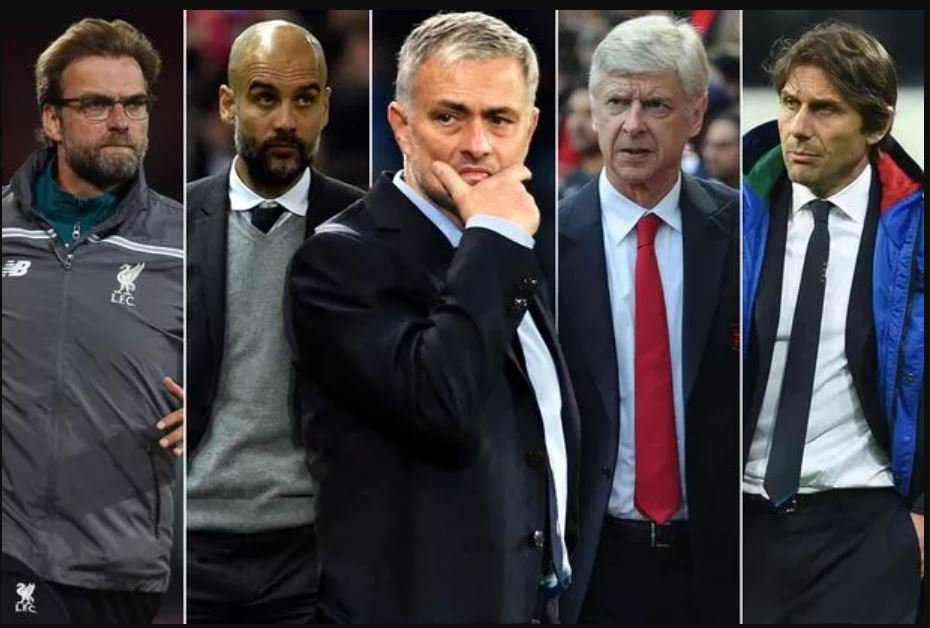How Can I Become a Football Manager in the EPL?
Becoming a football manager in the English Premier League (EPL) is a dream for many aspiring coaches. The EPL is renowned for its competitive nature, high profile and the presence of the so-called Big 6 EPL clubs – Arsenal, Chelsea, Liverpool, Manchester City, Manchester United and Tottenham Hotspur.
Each of these clubs has a rich history and an international following, making the role of a manager at these clubs particularly prestigious. If your goal is to become a football manager in the EPL, you may want to read on to discover the necessary qualifications, skills and experiences required to make it to the top.
Table of Contents:
-
Understanding the Role of an EPL Manager
-
Educational and Professional Qualifications
-
Gaining Experience
-
Developing Key Skills
-
Securing a Position in the EPL
Understanding the Role of an EPL Manager
Before embarking on the journey to become a football manager in the EPL, it is crucial to understand what the role entails. EPL managers are responsible for the tactical and strategic direction of their teams. They handle player selection, in-game tactics and adjustments as well as manage the coaching staff and interact with the media. They also play a key role in player recruitment and development, and they must navigate the pressures of working for some of the most high-profile clubs in the world like Liverpool.
Educational and Professional Qualifications
To become a football manager of an EPL club, much less any of the ‘Big 6’ EPL clubs, you need to obtain the necessary coaching qualifications. The journey typically starts with grassroots coaching badges and progresses through various levels of coaching licenses. In the UK, the most recognized qualifications are awarded by the Football Association (FA). The key qualifications are:
-
FA Level 1 and Level 2: These are the introductory and intermediate coaching badges which cover basic coaching principles, techniques and game understanding.
-
FA Level 3 (UEFA B License): This is more advanced and focuses on developing coaching skills, tactical awareness and player management.
-
UEFA A License: This qualification is essential for coaching at a high level and involves advanced coaching methodologies, team management and tactical strategies.
-
UEFA Pro License: The highest coaching qualification, this is a prerequisite for managing professional teams in top leagues like the EPL. It involves an in-depth understanding of football management, leadership and strategic planning.
While not always required, having a degree in sports science, sports management or a related field can be advantageous. These degrees provide a strong theoretical foundation and understanding of sports psychology, physiology and management principles.
Gaining Experience
Many successful managers begin their careers at the grassroots or youth levels. Gaining experience by coaching local teams, school teams or youth academies can provide valuable insights into team management and player development.
Coaching in lower leagues or semi-professional football is a common route to the EPL. This experience allows managers to hone their tactical skills, develop their coaching philosophy and build a track record of success. Many current EPL managers and former ‘Big 6’ EPL managers started their careers in leagues such as League One, League Two or the National League.
Securing a role as an assistant manager or working within a coaching staff at a professional club can also provide invaluable experience. This position allows aspiring managers to learn from experienced coaches, understand the inner workings of a professional football club and gain exposure to top-level football.
Networking within the football community is equally crucial. Attending coaching courses, football conferences and industry events helps build relationships with key figures in the sport. This can open doors to opportunities and provide mentorship from established managers and coaches.
Developing Key Skills
Becoming a football manager worthy of the ‘Big 6’ EPL clubs like Liverpool requires several key skills. For starters, a deep understanding of football tactics and strategies is essential. Managers must be able to analyze opponents, adapt tactics during games and make strategic decisions that influence the outcome of matches.
Effective leadership and people management skills are also vital. Managers need to inspire and motivate players, handle conflicts and make tough decisions regarding team selection and player discipline.
Building on that, strong communication skills are necessary for interacting with players, staff, media and fans. Managers must be able to convey their ideas clearly, provide constructive feedback and handle press conferences and interviews with confidence.
The high-pressure environment of the EPL also requires managers to be adaptable and resilient. They must handle the demands of a competitive league, manage expectations from owners and fans as well as bounce back from setbacks.
Securing a Position in the EPL
A successful track record at lower levels or in other leagues is crucial for being considered for a role in the ‘Big 6’ EPL clubs like Liverpool. Demonstrating success in terms of winning trophies, getting promoted or improving team performance helps build a strong reputation.
At the same time, you should stay informed about managerial changes and job openings, especially in the ‘Big 6’ EPL clubs. Many managerial positions arise due to performance issues, resignations or other reasons. Keeping an eye on these opportunities and being ready to apply is important.
When applying for a managerial role, it is essential to present a strong application showcasing your achievements, philosophy and vision for the team. Successful candidates often go through a rigorous interview process where they need to demonstrate their tactical knowledge, leadership abilities and strategic thinking.
A good example is Jürgen Klopp who made his name managing Mainz 05 and Borussia Dortmund in Germany before joining Liverpool. His success in the Bundesliga, particularly his achievements with Dortmund, earned him a reputation that helped him secure the Liverpool job.

